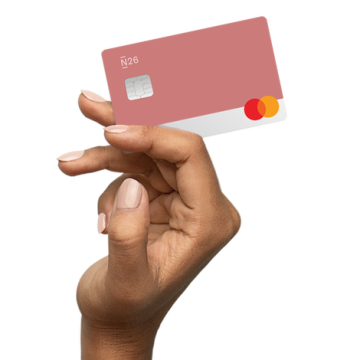
Filing your tax return in France as student
Are you a student filled with dread at the thought of filing your tax return? If so, don’t panic—our guide will tell you everything you need to know to file your tax return easily.
5 min read
Do you have to submit a tax return when you’re a student?
Taxable income for students
- If you’re under 25 on January 1 of the tax year in question, you’ll need to declare your income if it totals over €4,618—including income from summer jobs and student jobs. Note that this figure is applicable for the 2020 tax year. This means that if you earned less than €4,618 in total, you don’t have to declare anything.
- If you’re over 26, you’ll need to report all your income.
- Internship grants that exceed the annual minimum wage should also be declared. If you’ve received less than €18,473 for your internship in 2020, you don’t have to declare anything.
- Study grants awarded for specific research projects need to be declared
- Financial support paid by the government to students in administration, the military or ESPEs (École Supérieure for Teaching and Education) is also subject to tax.
- Your external or internal income for medical studies needs to be declared
- Lastly, declare any non-salaried income, such as business operating loss or profit, non-commercial profits, etc. This means that if you’re a student who is self-employed, you’ll need to declare the income you make from your micro enterprise.
Pay in seconds, not days
With instant transfers your money will arrive immediately to any bank account in the SEPA area.
Descubrir la tarjeta Mastercard
Non-taxable income
- Income from your salary when it amounts to less than €4,618 (for the tax year 2020), provided you’re under 26
- Your internship grant, if it was less than €18,473 in 2020
- Grants awarded based on social criteria
- Housing support
- Expenses paid as part of voluntary work, including VIE (international internship in a company), VIA (international internship with an administration), VIS national youth service (add link), association-based voluntary work, etc.
Filing your tax return while taking part in a work-study program
- Apprenticeship contracts
- Professional training contracts
How to file your tax return as a student
- If you’re over 25 on January 1 of the tax year in question, you must file your taxes individually.
- If you’re 18-25 years old, it’s up to you to decide whether you want to file your taxes individually, or be attached to your parents’ tax household.
- If you’re under 18, you’re automatically attached to your parents’ tax household.
Filing your tax return yourself
Filing your tax return when you’re attached to a tax household
Manage your student budget with N26
Find similar stories
BY N26Love your bank
Related Post
These might also interest youTAXESHow to file your 2024 tax return in FranceFind out today how to file your tax return in 2024, thanks to our guide: deadline, automatic declaration...
6 min read
TAXESYour guide to business expenses in FranceFind out exactly what counts as a business expenses in France, as well as how to declare them and get reimbursed.
4 min read
TAXESVAT: Everything you need to know about value-added tax in FranceConfused about value-added tax in France? We answer the most common questions about VAT—how it works, how it’s calculated, and what the different rates are.
5 min read



